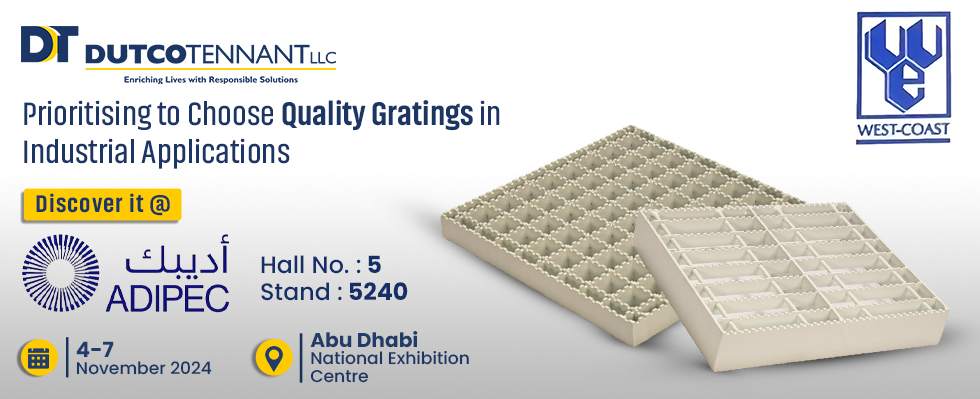
Why Quality Gratings Are Essential for Safety and Efficiency in Industrial Operations?
The role of quality gratings is often overlooked but crucial in industrial environments. Gratings are essential components in various industries, including construction, manufacturing, chemical processing, and oil and gas.
They serve as various things ensuring that industrial processes run smoothly and workers remain safe. Understanding the importance of high-quality gratings can help businesses make informed decisions that lead to long-term benefits.
Here we enumerate the top reasons for prioritising the need for quality gratings.
Enhancing Workplace Safety
Safety is a top priority in any industrial setting, and quality gratings play a significant role in minimising risks. Poorly constructed or subpar gratings can lead to accidents such as slips, trips, and falls. All of which are among the most common workplace hazards.
Gratings with anti-slip surfaces, proper load-bearing capacity, and corrosion resistance can provide a safe walking surface. Even in wet, oily, or hazardous conditions, the gratings offer safety and efficiency in workflow.
For industries dealing with heavy machinery or high-pressure systems, gratings act as shields, protecting workers from falling objects or accidental spills.
Improving Operational Efficiency
Gratings do more than just provide safe passage. They also contribute to the overall efficiency of industrial operations. In chemical plants or wastewater treatment facilities, where liquids, chemicals, or debris are regularly produced,high-quality gratings enable effective drainage.
This prevents the buildup of hazardous substances and ensures that machinery and production lines continue to function without interruptions. Additionally, gratings made from materials such as steel, aluminium, etc. are designed to handle heavy loads.
These grating materials make them ideal for supporting equipment and machinery. Our partner West Coast Engineering offers aluminium and stainless steel made gratings that are high on quality and durability.
Corrosion Resistance and Durability
Industries such as oil and gas, petrochemicals, and marine environments often deal with harsh conditions. These include exposure to chemicals, saltwater, and extreme temperatures.
Gratings in these industries must withstand corrosion to remain effective over time. High-quality gratings, especially those made from stainless steel, offer superior corrosion resistance.
Durability is another essential factor. Industrial gratings are exposed to continuous stress, whether from foot traffic, heavy loads, or environmental factors.
Opting for quality gratings that meet or exceed industry standards ensures they last longer, reducing the need for costly replacements or repairs.
Compliance with Industry Standards
In most industrial applications, regulations and standards govern the use of gratings to ensure safety and performance. Quality gratings that meet standards set by organisations such as the Occupational Safety and Health Administration (OSHA), the American National Standards Institute (ANSI), and the International Organization for Standardization (ISO) are crucial for maintaining compliance.
Businesses can avoid penalties, maintain a good safety record, and create a safer working environment for employees.
Conclusion
In industrial applications, the importance of quality gratings cannot be overstated. They contribute to a safer work environment, enhance operational efficiency, and withstand the harsh conditions of industrial use.
Choosing the right grating for your specific application ensures not only compliance with industry standards but also long-term cost savings. We at Dutco Tennant LLC are bringing West Coast Engineering as our partner for our showcase at this year’s ADIPEC Exhibition.
Visit us to witness a wide range of high-quality gratings that are perfect for diverse industrial applications.
FAQ
What do you mean by grating?
Grating is a framework of parallel or crossed bars used for flooring, drainage, or ventilation in industrial settings.
What are the two types of grating?
There are different types of grating depending on various factors. As per material, our partner West Coast Engineering offers two types — Aluminium and Stainless Steel.
What is the importance of grating?
Grating ensures safety, proper drainage, and structural support in industrial environments.
Which material is used for grating?
Common materials used for grating include steel and aluminium. There are also other material made gratings available.
